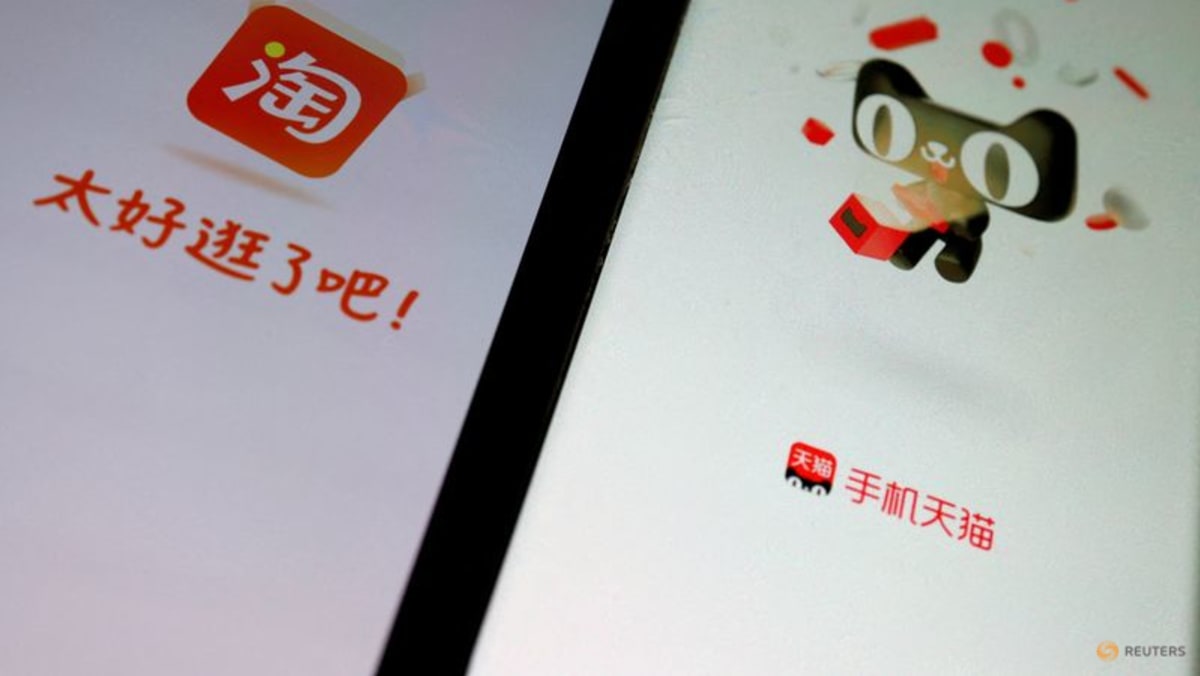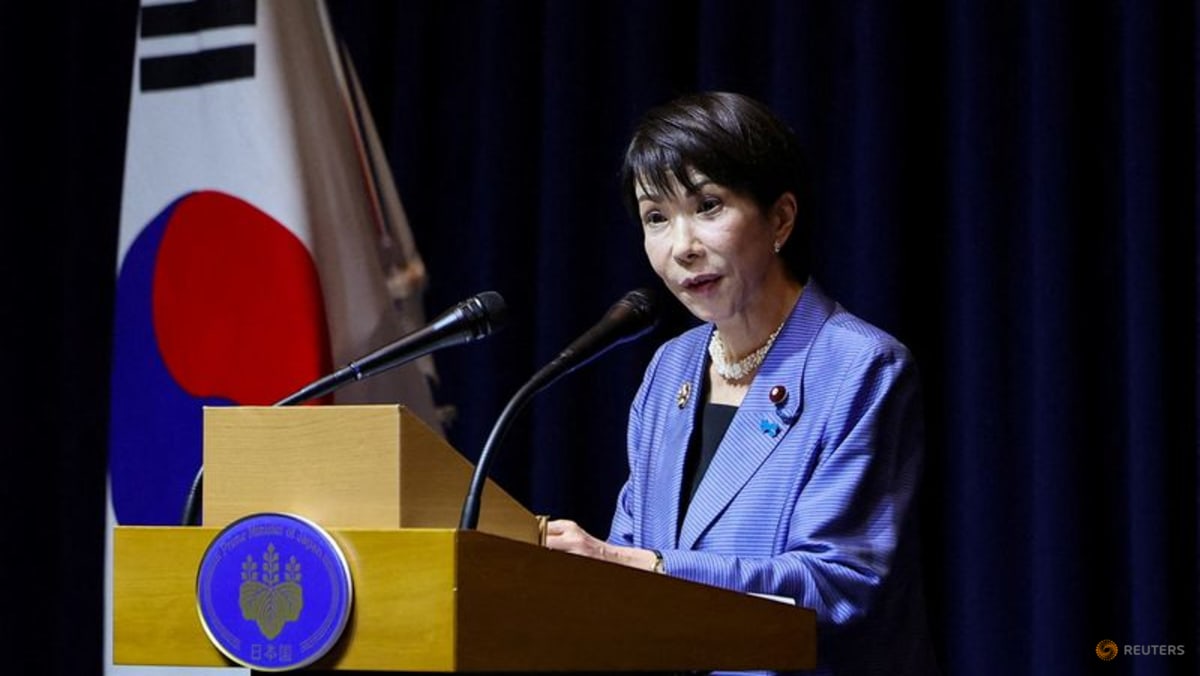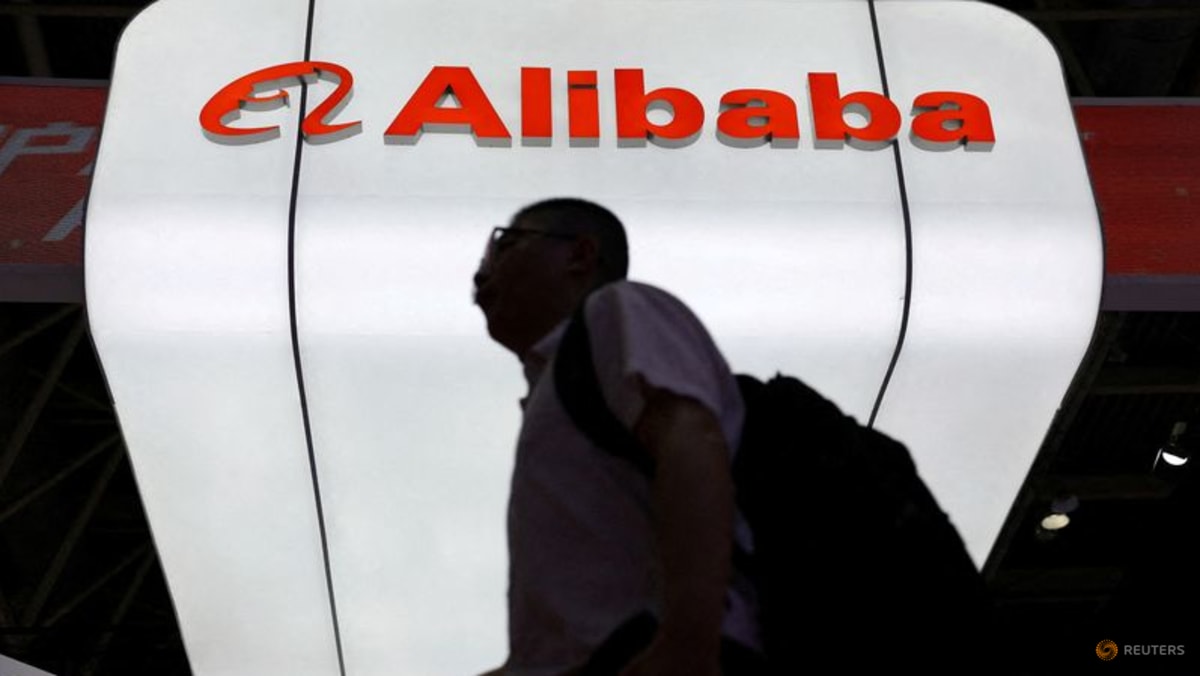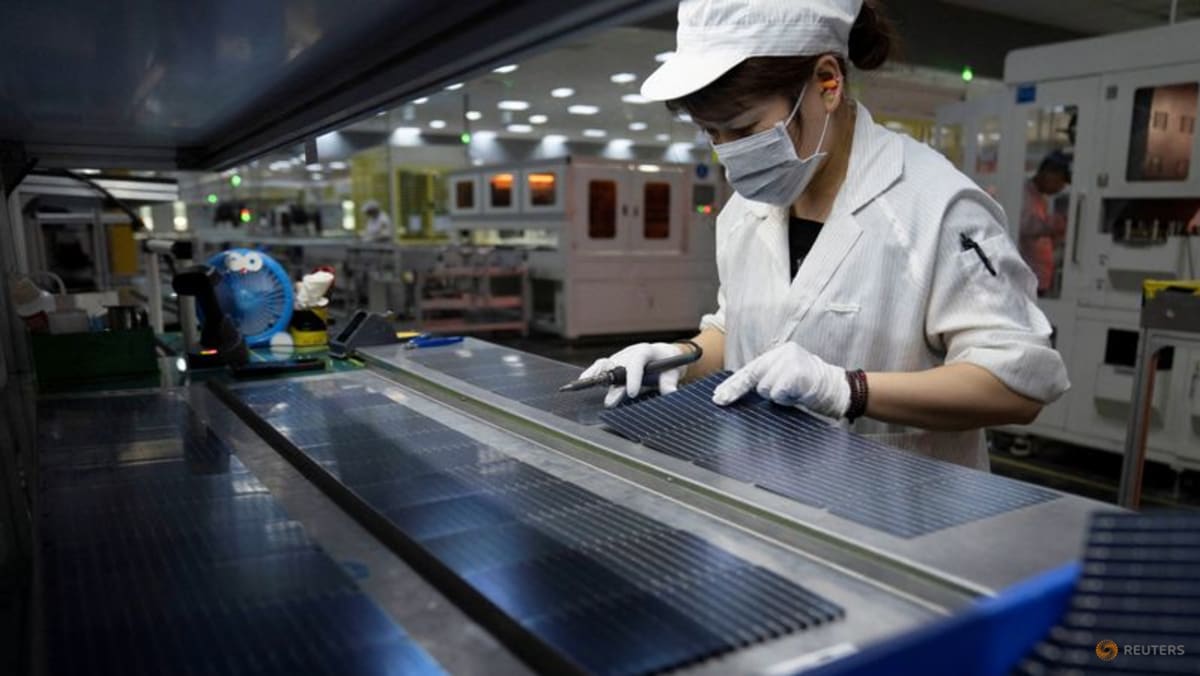Commentary: Can China’s tech giants do without consumers?

TOKYO: Earnings reports from Chinese tech companies last week should be a wake-up call for Beijing.
Alibaba Group and JD.com pulled out all the stops to attract customers to spend during their 618 shopping festival, a Black Friday-like extravaganza that took place during the quarter ending in June. They offered steeper-than-ever discounts on everything from iPhones to loungewear, enlisted A-list celebrities like Rihanna to promote products, and even experimented with a digital avatar of an executive to hawk goods over livestream.
But Alibaba’s revenue from its core e-commerce platforms fell by some 1.4 per cent, and retail revenue at JD.com, which offered some of the most cut-throat markdowns, ticked up by 1.5 per cent.
Despite slashing prices and launching some of their most aggressive campaigns, it wasn’t enough to get Chinese consumers to dig into their pocketbooks. This may not come as a total surprise as the nation is still dealing with a struggling economic environment marked by a prolonged housing slump, and high youth unemployment.
Tencent Holdings, meanwhile, reported strong profit growth that beat analysts’ expectations. But this was driven by the release of its smash-hit game Dungeons & Fighter Mobile in May. The fact that China’s most valuable tech company’s revenue was buoyed by its gaming unit is another red flag for the broader economy.
Spending on digital entertainment has historically been counter-cyclical, meaning consumers will continue to shell out on this even while paring back on bigger purchases. Unemployed workers may also spend more time gaming. And it’s unclear if Tencent will be able to translate the one-time release of DnF Mobile into sustainable business growth.
Source: CNA















